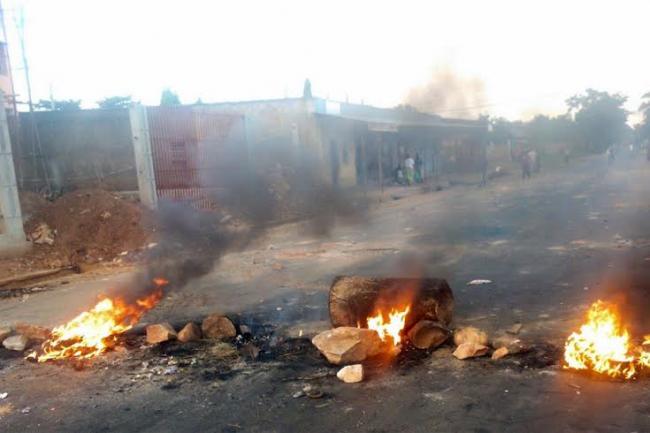14 Oct 2015, 07:17 am Print

The plan requires over $32 million to ensure minimum preparedness measures and response. Some 500,000 people could be affected by the crisis, of which up to 400,000 are targeted for humanitarian assistance inside Burundi.
According to the UN Office for the Coordination of Humanitarian Affairs (OCHA) and the UN Resident Coordinator, rather than consolidating “the fragile peace and stability that Burundi enjoyed in recent years, these latest elections seem to have further polarized political stakeholders and plunged the country into a new uncertainty.”
On 1 August 2015, a group of Burundian opposition figures, including former heads of state, met in Addis Ababa and decided to set up a National Council for the Respect of the Arusha Agreement and the Restoration of the Rule of Law (RNAREC). The group have elected Léonard Nyangoma as their leader.
OCHA and the UN Country Team in Burundi have noted that, “given the potential for the crisis to continue or even escalate, humanitarian agencies in Burundi have revised their plan to ensure adequate measures are in place to help save lives and alleviate acute suffering through the provision of necessary coordinated protection and assistance for people in need.”
“When the political and security situation improve, partners are also committed to restore self-reliance through recovery activities targeting the most vulnerable people to build their resilience to shock and lay the foundations for durable solutions.”
Photo: Desire Nimubona/IRIN
- World must ‘speed up’ efforts to end AIDS pandemic by 2030
- World Bank provides $700 million to improve primary education in Bangladesh
- Aid has not reached ‘a single soul’ in Syria’s besieged areas in December, says UN advisor
- UN tribunal for former Yugoslavia leaves behind culture of accountability, says Guterres
- Security Council renews Syrian cross-border relief convoys amid ongoing challenges for aid workers





-1763561110.jpg)
